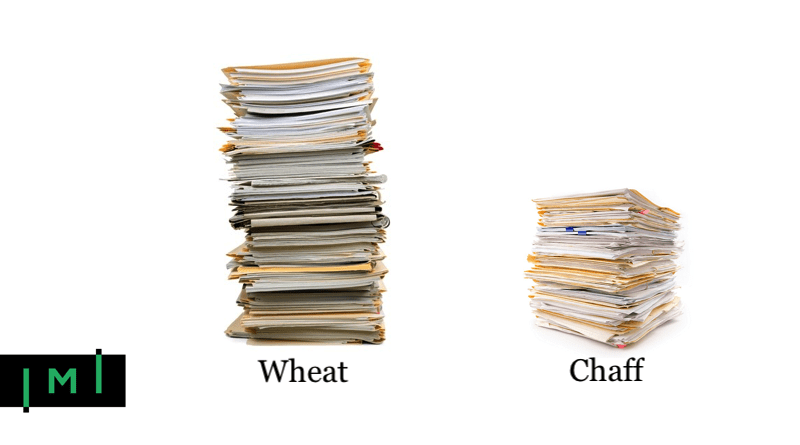4 Ways RCBI Agents Can Ensure a Smooth Due Diligence Process for Their Clients
Barely a day passes without some kind of scandal connected to the Citizenship by Investment (CBI) industry. Inevitably, a few bad apples ruin it, not only for people applying but also for the countries where this industry provides much-needed income and investment. However, the Caribbean nations of note, particularly Grenada, have worked and are working hard to correct this image.
Having been in the CBI business for a number of years, we have inevitably drawn lessons from our own experiences, but the best lessons learned can surely come from others?
Every applicant is different and none are wholly without risk. The key factor in making a fair assessment is to understand the real and potential risks to an applicant and to identify any mitigating action that could be undertaken to lower those risks. This makes the due diligence process not only more comprehensive but also more open and transparent. In turn, this allows the countries offering citizenship programmes the flexibility to confidently say yes to more applicants, whilst also ensuring any unsuitable applicants are weeded out and robustly rejected.
This article aims to be a helpful insight into the world of due diligence and what you can do to help your applicants move smoothly through the process.
Due diligence can be costly and time-consuming; governments, banking institutions, and good due diligence providers reiterate that it is crucial to identify genuine applicants with legitimate funding behind them.
Don’t pretend you know how long due diligence will take
The applican’ts jurisdiction will affect this. Having a fixed timescale for the turnaround of due diligence is sometimes unhelpful, and experience tells us that a guideline timespan may be more useful. There are some jurisdictions that turn enquiries around very quickly and, for the more straightforward applicants, a lower turnaround date can be very effective. The more complex cases and/or jurisdictions may require a slightly longer timeframe. That does not necessarily mean that these applicants are problematic or are associated with red flags, but they may have multiple companies spanning many jurisdictions (legitimately) and, in order for due diligence process to take place, a little more time is necessary.
Agents: Spend a little more time upfront to save a lot of time later
A lot of time can be saved if the agents can take a little more time and provide a little more advice to applicants. Often, applications can come through with key documents missing; if there is a valid reason for the non-availability of such documents, provide a reason. This is will save the provider/client/agent the back and forth communication requesting these missing documents and, ultimately, holding up the application.
Corporates: Declare even minor holdings
Often, undeclared business affiliations are revealed for applicants, raising red flags where they do not need to be raised. If an applicant has business affiliations with small shareholdings, they could provide a statement within their application saying that they have x number of additional business affiliations with less than 50% shareholding. This caveat would again save the provider raising red flags under lack of transparency which, again, would save time.
Five questions that will save you a headache
Another commonality surrounds the financial viability of the applicant. The crux of understanding an applicant is to understand their financial means and the rules for investment within each programme.
For example, key questions the agent can ask the applicant are:
- Where are the funds coming from?
- Is the source of funds commensurate with the applicant’s lifestyle/earnings?
- Has the source of funds been evidenced?
- Six months of personal banking statements are a requirement – are these complete and present? Are there any significant credits featured that are not traceable?
- Does the applicant have a salary? If so, this needs to be evidenced.
These basic know your customer (KYC) elements are all factors that due diligence providers will look through and, if any of these are missing, red flags may be raised. Other factors looked at from an anti-money laundering (AML) perspective will be to note if there are any unexplained significant deposits and whether the account has been inflated for the purposes of the application.
Most crucially, it should be remembered that agents have the power to reject applicants before they go through this costly and time-intensive scrutiny.
Finally, we are wise to the practice of ‘fronting’ of the main applicant the spouse who has little involvement in the investments and finances in order to avoid scrutiny. This is a common practice and just delays applications. It may even get the applicant awarded a red flag. Our advice is to be open and transparent, avoiding these types of shortcuts.
Working together, we can ensure the correct applicants are encouraged to apply, maintain the integrity of the programmes and, ultimately, protect the future of citizenship and residency by investment.
Martin is the Managing Director of Harod Associates, a global due diligence and risk advisory. Martin has over thirty years of law enforcement experience mostly with HM Customs and then SOCA, with ten years experience of corporate and sport investigations. Expertise in strategic, operational and intelligence arena blending experience, global partners and cutting edge technologies to provide solutions to threat and risk issues. Areas include fraud, asset identification, financial crime, AML, illicit trafficking counter-corruption, intelligence-led solutions and strategies, government advisory, sports investigation and anti-doping. With increasing concern for UK borders post BREXIT now adding customs advisory and supply chain protection.
+ Member of FBI Law Enforcement Executive Development Association
+ Law Enforcement adviser to Human trafficking charity Stop The Traffik
+ Member of the Private Prosecutors Association



